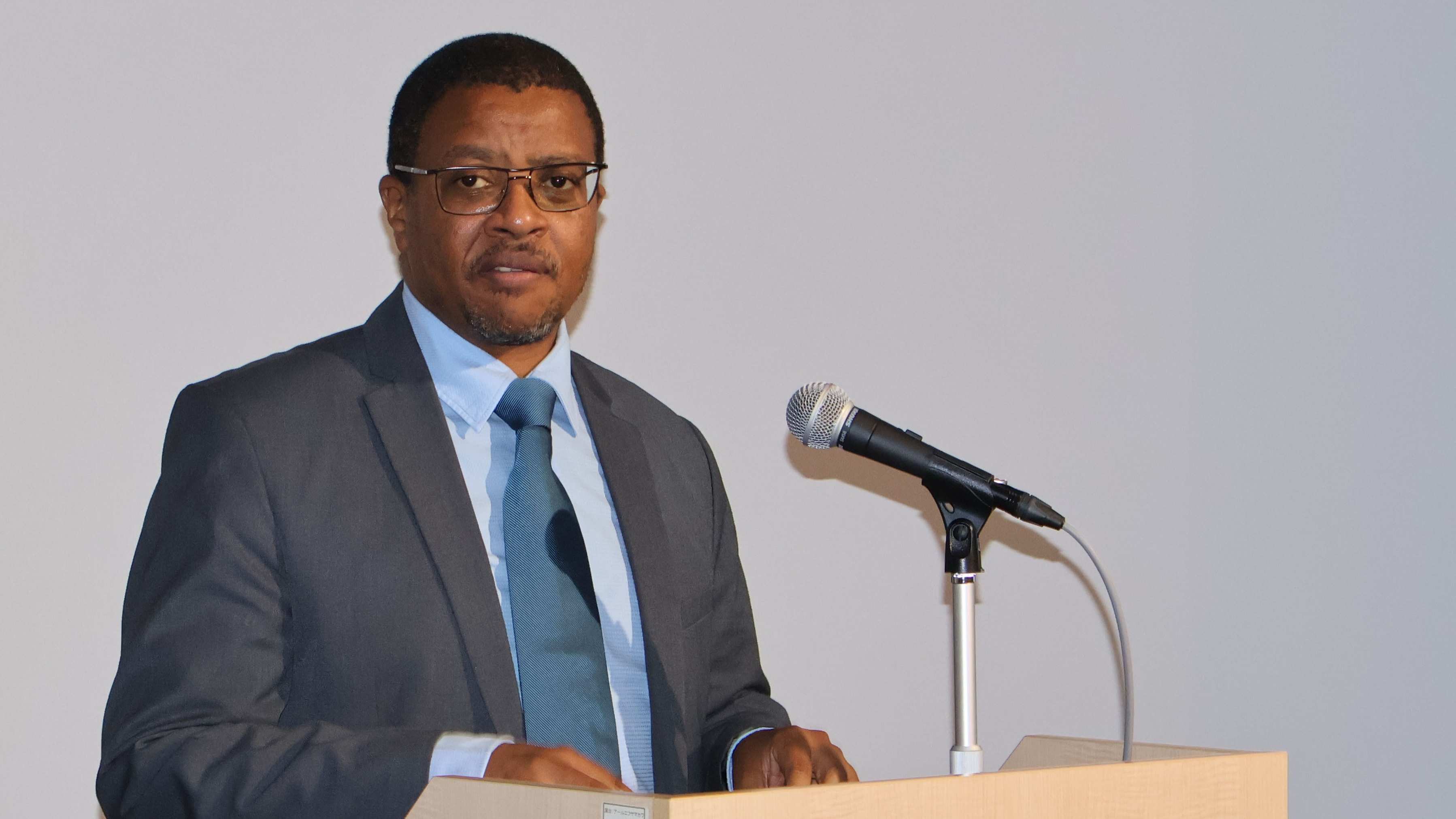
MBABANE – Nedbank Eswatini committed E250 000 towards the establishment of the first-ever Green Zone at the upcoming Eswatini International Trade Fair (EITF).
The initiative, launched at a press conference held at Nedbank’s Head Office on Friday, is being rolled out in partnership with the Eswatini Investment Promotion Authority (EIPA).
It is designed to place sustainability at the centre of Eswatini’s premier trade and investment showcase, giving both established businesses and emerging entrepreneurs in the green sector a dedicated platform to display their solutions.
The Green Zone will extend beyond the traditional focus of the trade fair, offering an innovative space for organisations to exhibit renewable energy solutions, climate-smart technologies and eco-conscious entrepreneurship.
Special attention will be given to small and medium enterprises (SMEs) and youth-led initiatives, recognising their role as key drivers of innovation and employment creation in Eswatini’s economy. Speaking at the signing of the memorandum of understanding (MoU), Nedbank Eswatini Managing Director Fikile Nkosi stressed that the sponsorship represented far more than a financial contribution. “This initiative is more than a sponsorship – it is a statement of intent,” she said. “It reflects our deep commitment to environmental stewardship, innovation, sustainability and inclusive economic growth.”
Nkosi said Nedbank’s role as a leading financial institution went beyond traditional banking, highlighting the bank’s broader purpose: “We use our financial expertise to do good for individuals, families, businesses, communities and society at large.”
She described the Green Zone as a ‘powerful embodiment’ of this purpose, creating opportunities for Eswatini to showcase technologies and business models that can both fuel economic growth and protect the environment.
A key highlight of Nkosi’s remarks was the initiative’s alignment with the United Nations Sustainable Development Goals (SDGs). The project directly contributes to:
SDG 7: Affordable and clean energy – by promoting renewable energy solutions that reduce reliance on fossil fuels.
SDG 13: Climate action – by creating awareness and practical pathways for businesses and communities to tackle climate change.
SDG 9: industry, innovation and infrastructure – by supporting sustainable industrialisation and encouraging innovation within Eswatini’s economy.
Full article available in our paper.

 (1).jpg)
No more rushing to grab a copy or missing out on important updates. You can subscribe today as we continue to share the Authentic Stories that matter. Call on +268 2404 2211 ext. 1137 or WhatsApp +268 7987 2811 or drop us an email on subscriptions@times.co.sz